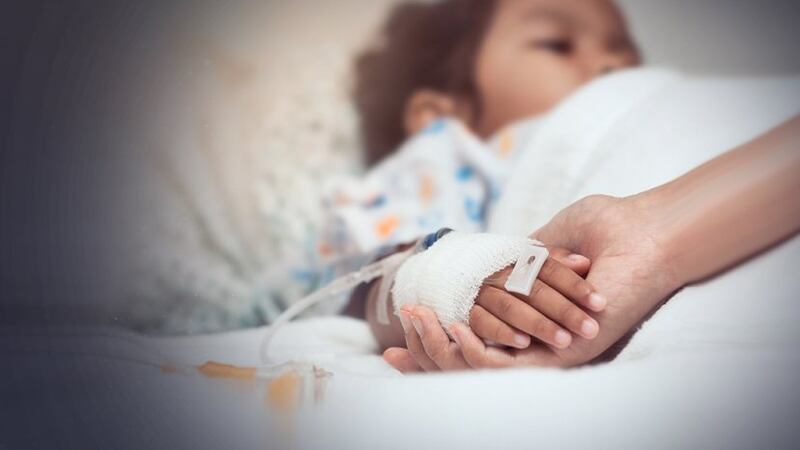Health authorities are encouraging whānau to watch children for symptoms of common winter respiratory disease RSV. The virus, which disproportionality affects Māori and Pacific tamariki, can be especially serious for newborns and young children.
Spread through coughing and sneezing, the virus has led to dozens of hospital admissions across the country.
“Please look out for the symptoms below in children under the age of one especially, and contact your GP team or healthcare provider for advice if you are concerned," Canterbury DHB's Dr Ramon Pink said in a statement.
RSV symptoms include a runny nose, decrease in appetite, coughing, sneezing, an often mild fever, and wheezing or noisy breathing.
"It can cause more serious illness such as bronchiolitis (narrowing of airways in infants) and pneumonia – in which case they will need hospital care."
Māori and Pacific children are disproportionately affected by the respiratory illness having three-to-five times as many hospitalisations as other groups, according to the Asthma and Respiratory Foundation NZ.
When to seek urgent advice
- Parents and caregivers should seek urgent medical advice if their baby or infant has symptoms and:
- is under three months old
- is breathing fast, noisily or is having to use extra effort to breathe
- looks pale and unwell
- is taking less than half their normal feeds
- is vomiting
- has not had a wet nappy for more than six hours.
Parents and caregivers should call 111 for an ambulance if a child:
- has blue lips and tongue
- has severe difficulty breathing
- is becoming very sleepy and not easy to wake up
- is floppy
- has breathing that is not regular, or they pause in their breathing.
Simple things you can do yourself
All the precautions you know so well from our COVID-19 response will also help stop the spread of RSV and other winter illnesses:
- Keep children home if they're sick and stay home yourself if you're not well
- Wash your hands often with soap or use an alcohol-based hand sanitiser
- Cough or sneeze into your elbow
- Wear a mask or face covering on public transport or when you cannot physically distance from strangers.
Hospitals are asking that people take extra care when visiting, including wearing masks in areas that cannot physically distance and that only well-parents and caregivers visit their pēpi in hospital.

